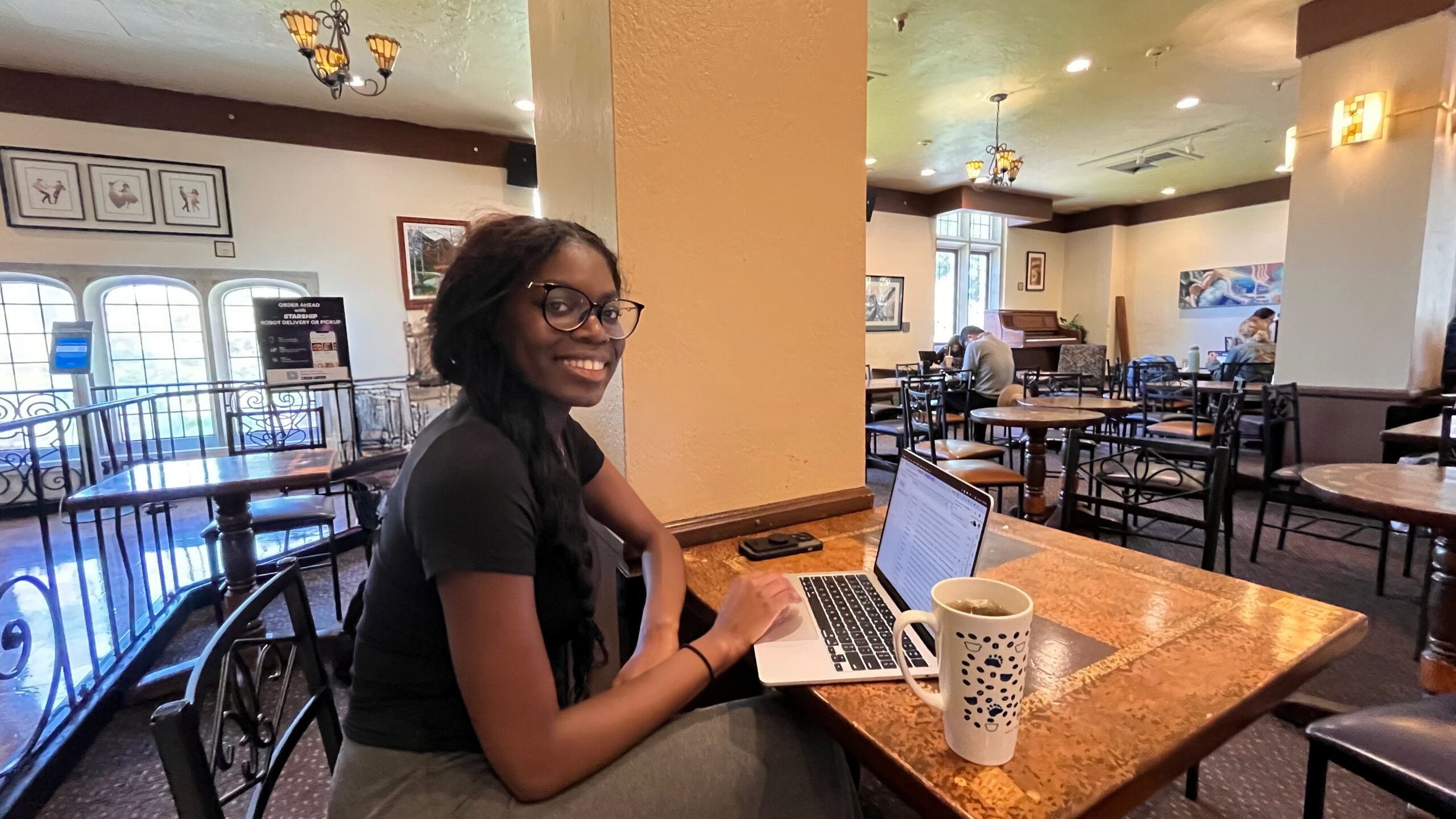
Plastic, plastic, everywhere, so let’s put a stop to it! This month, be part of a pollution solution for Plastic Free July. The summertime awareness campaign encourages people around the globe to reduce — or, better yet, eliminate — their use of single-use plastics. Simple changes at home, school, and work can address this major source of litter and help fight climate change, conserve resources, protect wildlife, and improve public health.
So why is single-source plastic such a problem? More than 430 million tons of plastic are produced each year, two-thirds of which is cast aside as waste after just one use. Because it is not biodegradable, it ends up everywhere: buried in landfills, where only a small percentage gets recycled, and outside landfills, through various pathways including direct littering, down drains, and during transportation: polluting soil, rivers, lakes, the ocean, and even the air we breathe, picked up and spread by wind — threatening ecosystems and human health. The Lancet has released a major review paper on plastics and health, and the summary could not be clearer: “Plastics are a grave, growing, and under-recognized danger to human and planetary health. Plastics cause disease and death from infancy to old age and are responsible for health-related economic losses exceeding US$1·5 trillion annually. These impacts fall disproportionately upon low-income and at-risk populations.” Access the full paper as a PDF here.
The majority of plastics break down into smaller pieces, known as microplastics, found in many of the products we use in everyday life. Even tinier are nanoplastics, also with exposure nearly unavoidable in today’s world. These fragments, fibers, beads, and foam infiltrate and contaminate every part of our planet – but easy swaps and solutions are also out there!
Here are ten ideas to cut back on plastic consumption and make a difference.
- 1. Bring or borrow a reusable mug when dining-in for coffee or tea – UCLA’s got the Kerckhoff X Reuzzi Program
- 2. Refuse plastic straws when buying a drink; bamboo and stainless-steel straws are excellent alternatives
- 3. Bring your own reusable water bottle instead of buying plastic ones; fill up on H2O at any of the hydration stations situated around the UCLA campus
- 4. Skip the disposable cutlery for take-out
- 5. Bring your own reusable shopping bags
- 6. Avoid pre-packaged foods by choosing bulk or loose food
- 7. Swap liquid soap for bar soap
- 8. At events, celebrate with reusable decorations and supplies
- 9. Recycle and compost to avoid waste
- 10. Participate in a park or beach clean-up
Individuals, organizations, and businesses can also act by joining the Plastic Pollution Coalition.
Most plastics get used for less than 12 minutes, but they last on our planet for hundreds of years. Here at UCLA, a single-use plastics policy is in place and being implemented in several ways, one of which includes vending machines that only carry beverages bottled in glass or aluminum. Faculty and staff can learn more about a plastic-free UCLA, and students can check out this guide. Collectively, these university initiatives and individual changes add up, benefiting the environment and health.
